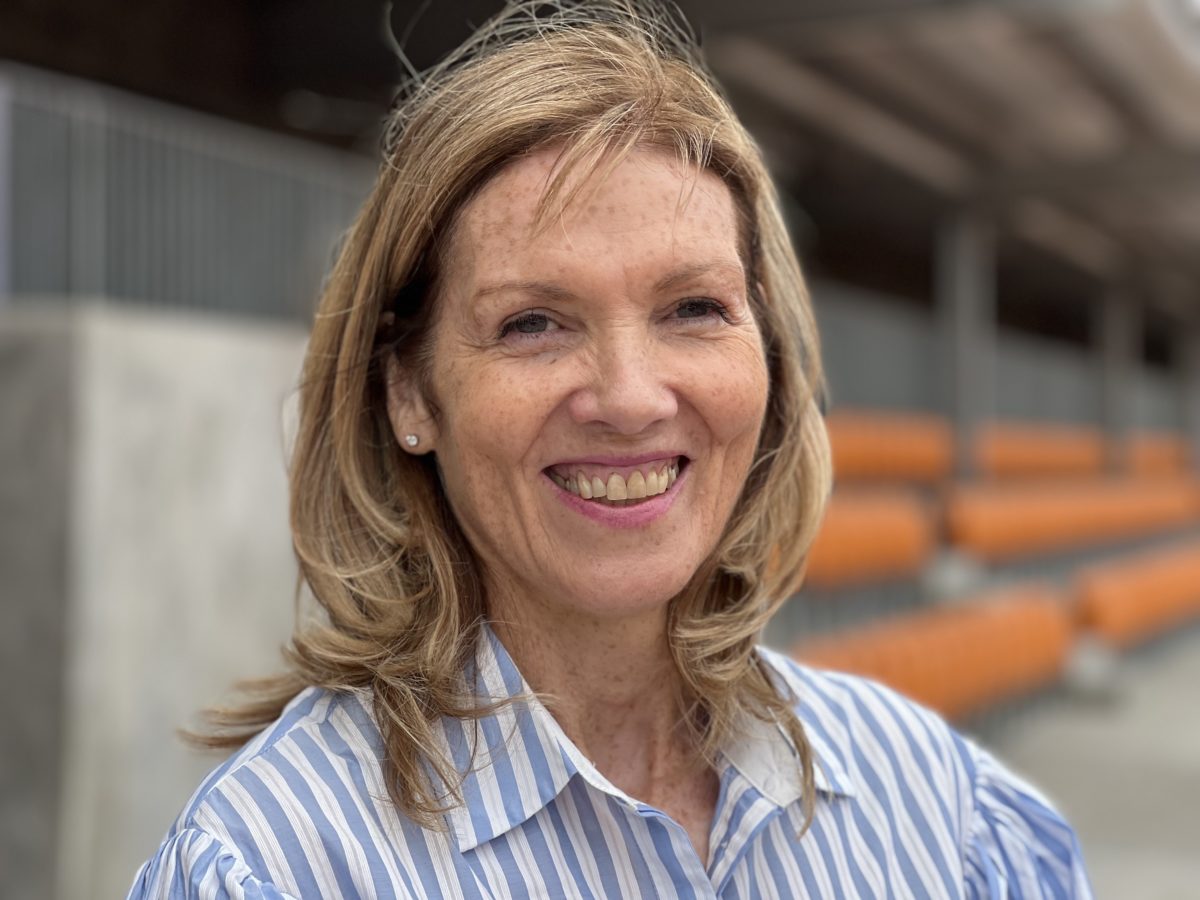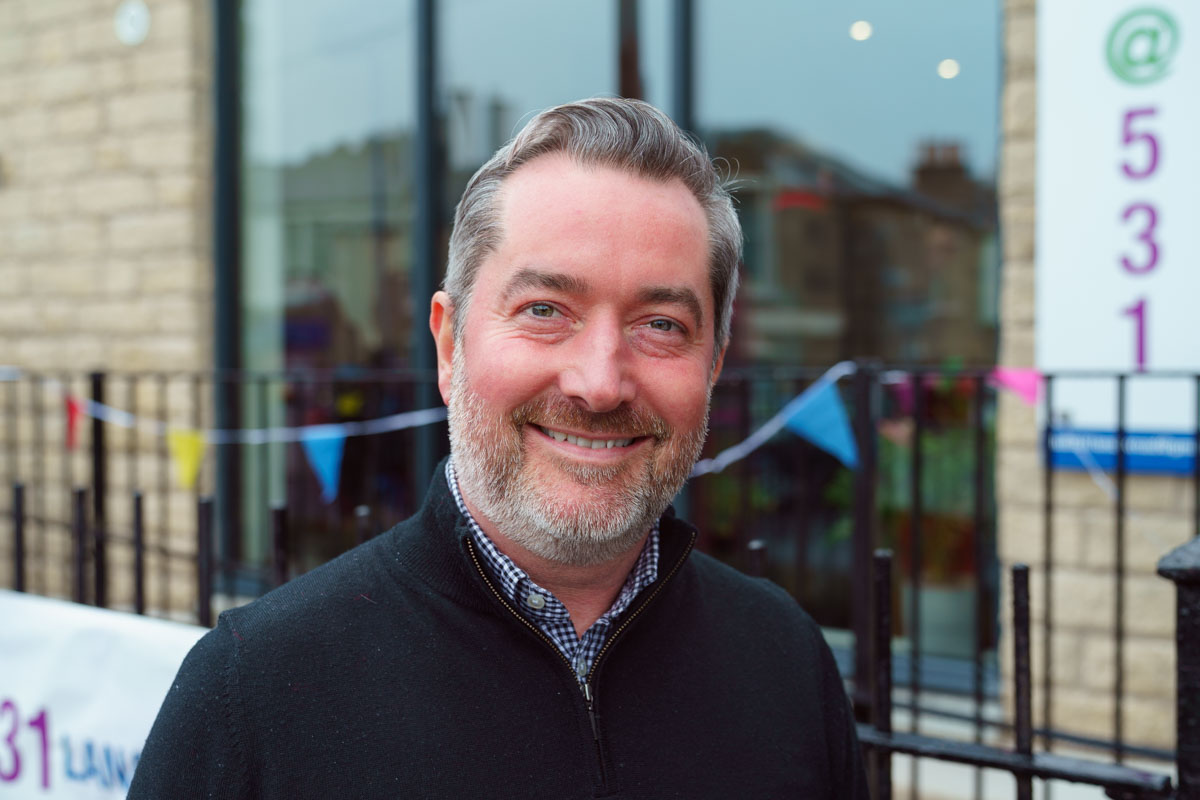Concerns over pay level for Edinburgh Leisure staff
Concerns have been raised over staff at Edinburgh council-owned leisure centres being made to “bear the brunt” of financial pressures, after it emerged some are not earning the Real Living Wage.
Cash-strapped Edinburgh Leisure has backed out of the optional scheme which sets the minimum hourly rate of pay people need to “get by”, calculated based on the cost of living.
Currently £10.90 which is 48p above the legal minimum hourly rate for over 23s and 72p more than the minimum wage – the non-profit operator which runs gyms, swimming pools and sports facilities across the capital said it could no longer meet this due to “rocketing energy costs” among other funding issues.
The Chief Executive of The City of Edinburgh Council said that in order to pay all staff the Real Living Wage its leisure services may have to be scaled back.
But councillors said they were deeply uncomfortable with the situation, as one commented the workforce was being “used to reduce the deficit”.

Edinburgh Leisure CEO June Peebles was questioned by members of the council’s Governance, Risk and Best Value Committee (GRBV) on Tuesday.
She said the organisation’s board and senior team “have aspirations to pay the living wage,” adding: “We have done in previous years, but this year because of the affordability factor we were unable to.”
Ms Peebles said that a “range of pay options” were considered but it was felt the salary structure in place was “fit for purpose”.
She added: “It’s very much about managing the risks to the company.
“Ultimately, we want Edinburgh Leisure to survive. We did set a deficit budget this year, if we’d been paying the living wage the deficit would be significantly higher.”
It was also revealed Edinburgh Leisure has no strategy in place setting out how it would return to being a Real Living Wage employer.
The Real Living Wage Foundation says the rate is calculated independently “based on what people need to get by…to ensure their employees earn a wage that meets the costs of living, not just the government minimum.”
Over 600 Edinburgh employers, including the council, are signed up to the scheme, which it is estimated puts an extra £1 million into the pockets of the city’s workers.
Labour councillor Katrina Faccenda said: “We’re talking about the financial health of an organisation and then saying we can’t afford to pay what actually policy-wise most of us as councillors think isn’t really an option.
“The living wage isn’t a bonus, it’s actually a mechanism by which we recognise that minimum wage isn’t enough for people to live on and that the living wage is actually how we stop people suffering.
“When we’re saying ‘the situation is good but we can’t pay the living wage’, what we’re actually saying is that the workers in an organisation – and it is a big issue because it is an organisation that is a part of this council – to bear the brunt of it, to make the economic situation healthy.
“This isn’t an option, this is a necessity for every worker.”

Cllr Stephen Jenkinson, Labour, said: “I do have a concern that as an organisation that previously paid the living wage, and the board have now taken the decision to not do so, I do have a concern that the labour of the organisation are being used as a mechanism to reduce the deficit.”
Council chief executive Andrew Kerr said paying at least £10.90 an hour to Edinburgh Leisure staff would come with “consequences for the service”.
He said: “In other words, if you spent a lot more money doing the living wage then you may have to close parts of the service to do so.”
GRBV Convener Cllr Kate Campbell said: “It’s really disappointing that a council owned company made the decision not to pay the Real Living Wage.
“Edinburgh Leisure provide great services but it’s wrong to balance the budget on the backs of the lowest paid workers.
“The council needs to step up, intervene and make sure that all workers for council owned companies are being paid a proper living wage.”
A performance report for the year 2021-22 presented to councillors at the meeting said Edinburgh Leisure’s income was around £6.4m lower than the pre-pandemic year up to March 2019.
“Whilst some cost savings were able to be realised, the loss in income could only be partially offset,” it said.
On top of the annual £7million funding package, the council provided the arms-length organisation (ALEO) with £5million in Covid-19 support payments in 2021-22, and a further £3million in 2022-23 in response to the financial difficulties faced.
An additional £2million has been budgeted by the local authority for the current year as the number of visits to council-owned leisure facilities continues to be significantly lower than before the pandemic.
by Donald Turvill, Local Democracy Reporter.
The Local Democracy Reporting Service (LDRS) is a public service news agency. It is funded by the BBC, provided by the local news sector (in Edinburgh that is Reach plc (the publisher behind Edinburgh Live and The Daily Record) and used by many qualifying partners. Local Democracy Reporters cover news about top-tier local authorities and other public service organisations.